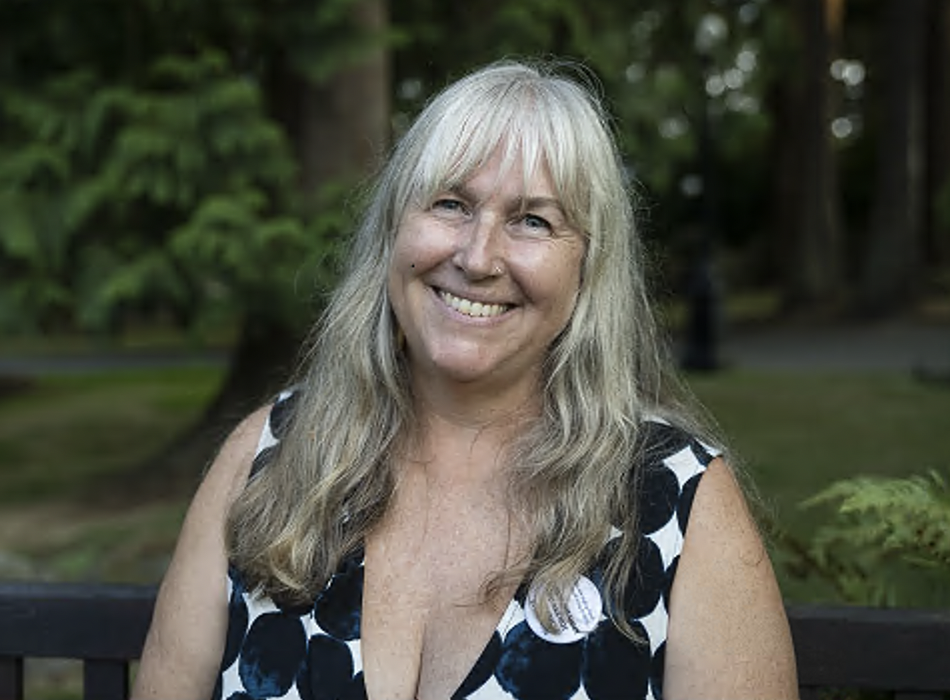Written by guest blogger Marion Selfridge.
It is remarkable to see how pangenotypic hepatitis C (HCV) treatment that only takes 8-12 weeks has made it possible for people who use drugs (PWUD) to get treated. Since the direct acting antivirals have been available in Canada, the Cool Aid Community Health Centre has treated over 900 people through our nurse-led HCV treatment program in Victoria, British Columbia (BC). Collaboration with pharmacies, especially those focusing on Opioid Agonist Treatment (OAT), has been a huge part of the success of our program. Many people go daily to pharmacies or have their medications delivered to them daily or weekly and their HCV treatment was added to these medications.
Outreach testing has been an important part of our micro-elimination efforts — testing in supportive housing sites, shelters, soup kitchens, and encampments has found hundreds of people who needed treatment, but nurses had to go to the sites to make this happen. When we met researchers like those in Tayside, Scotland, who trained pharmacy staff to screen and treat HCV, we were curious if we could see similar results locally.
We trained staff from four pharmacies who work with PWUD to make sure staff knew the objective — to screen people and perform point of care HCV antibody testing. In this project, I have learned how important pharmacy staff can be in supporting people who come to their pharmacy — providing snacks, educating about many health topics, communicating and advocating with physicians, giving support, and being a friendly face in a world that can be isolating and difficult to navigate. It seemed the trust people had with the pharmacy staff may have helped the clinic’s HCV treatment program reach people who did not have access to medical care or were unsure if they wanted to be tested.
Unfortunately, COVID-19 arrived in BC just as our testing project in the pharmacies began. The qualitative interviews conducted with pharmacy staff shared how hard it was to keep staff and clients safe – staffing shortages, people who refused to wear a mask, a sudden surge in deliveries, and many other factors pushed extra testing down the priority list. Although the pharmacy staff helped us to find 26 people who needed HCV treatment, they had mixed feelings about whether pharmacies were a good site to test people for HCV; many felt their workload was already high. Pharmacy staff also talked about how stigma related to drug use impacted their work and made asking about HCV uncomfortable or awkward. They thought that many of the staff could have benefited from more training and support in order to feel better equipped to add HCV testing to their work. We have found that doing HCV outreach testing with people with lived and living experience of drug use and HCV has been effective, and that testing can be done in pharmacies as well as many other places that provide services to PWUD.

MARION SELFRIDGE is a research manager, focusing on HIV and Hepatitis C treatment at the Cool Aid Community Health Centre and post-doctoralresearcher at UVic’s Canadian Institute of Substance Use Research. Her PhD dissertation research focused on street-involved youths’ use of social media to deal with grief and loss. She teaches dance to stay sane.
“‘I just never wanted them to feel uncomfortable’ – Barriers to pharmacy-based identification and treatment of hepatitis C in Victoria, Canada” was published in the Canadian Liver Journal 7.2.
Comments on this entry are closed.